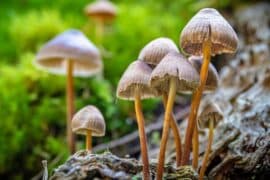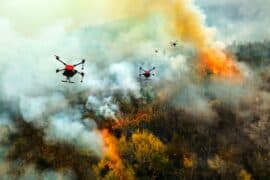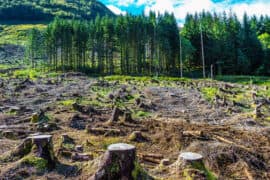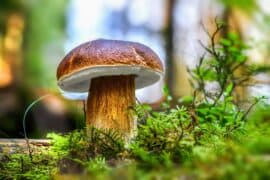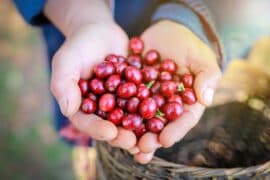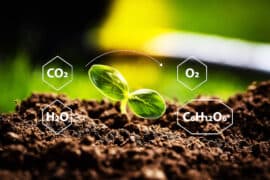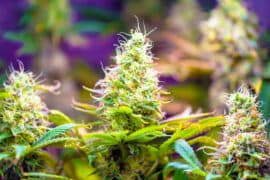Polygala sinisica
(Polygala sinisica)
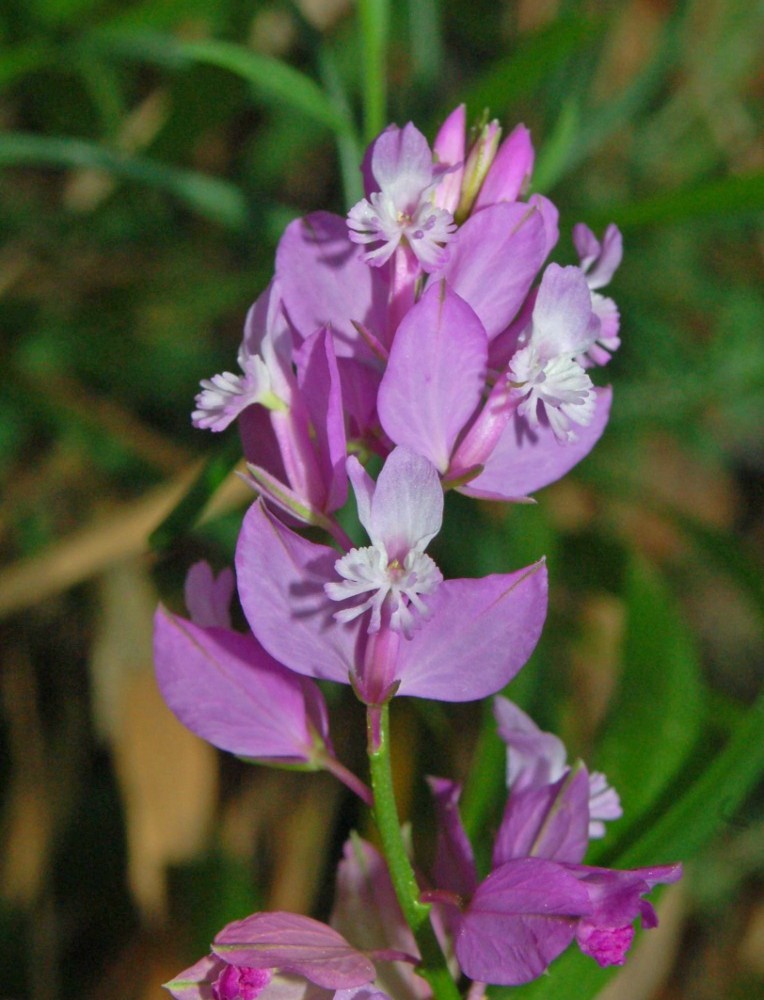
Description
Polygala sinisica is a species of plant in the family Polygalaceae. It is endemic to Italy. Polygala sinisica occurs only in Sardinia, along the coast at Capo Mannu, situated just north of Tharros in the Sinis region. Its natural habitats are in Mediterranean shrubby vegetation and rocky areas. It is an IUCN Red List Critically Endangered plant species and IUCN Top 50 Campaign Mediterranean Island Plants, threatened by habitat loss. Polygala is a large genus of flowering plants belonging to the family Polygalaceae. They are commonly known as milkworts or snakeroots. The genus is distributed widely throughout much of the world in temperate zones and the tropics. The genus name Polygala comes from the ancient Greek "much milk", as the plant was thought to increase milk yields in cattle. As traditionally circumscribed, Polygala includes annual and perennial plants, shrubs, vines, and trees. The roots often have a scent reminiscent of wintergreen. The leaf blades are generally undivided and smooth-edged, and are alternately arranged in most species. The inflorescence is a raceme or spikelike array of several flowers; the occasional species bears solitary flowers. The flower is bilateral in shape, with two large petal-like sepals on the sides, often called the "wings", and three smaller sepals behind. There are three petals in shades of reddish purple, yellow or white, which are joined at the bases. The lower of the three is the keel petal, which is "boat-shaped, cucullate (hood-like), or helmet-shaped". The keel petal may have a beak or a fringe on the tip. Stamens and style are within the curve of the keel petal. The fruit is a capsule, sometimes winged. It contains two seeds, which are usually black, hairy and tipped with a large white aril. No members of this genus are known to form nitrogen-fixing nodules.
Taxonomic tree:

